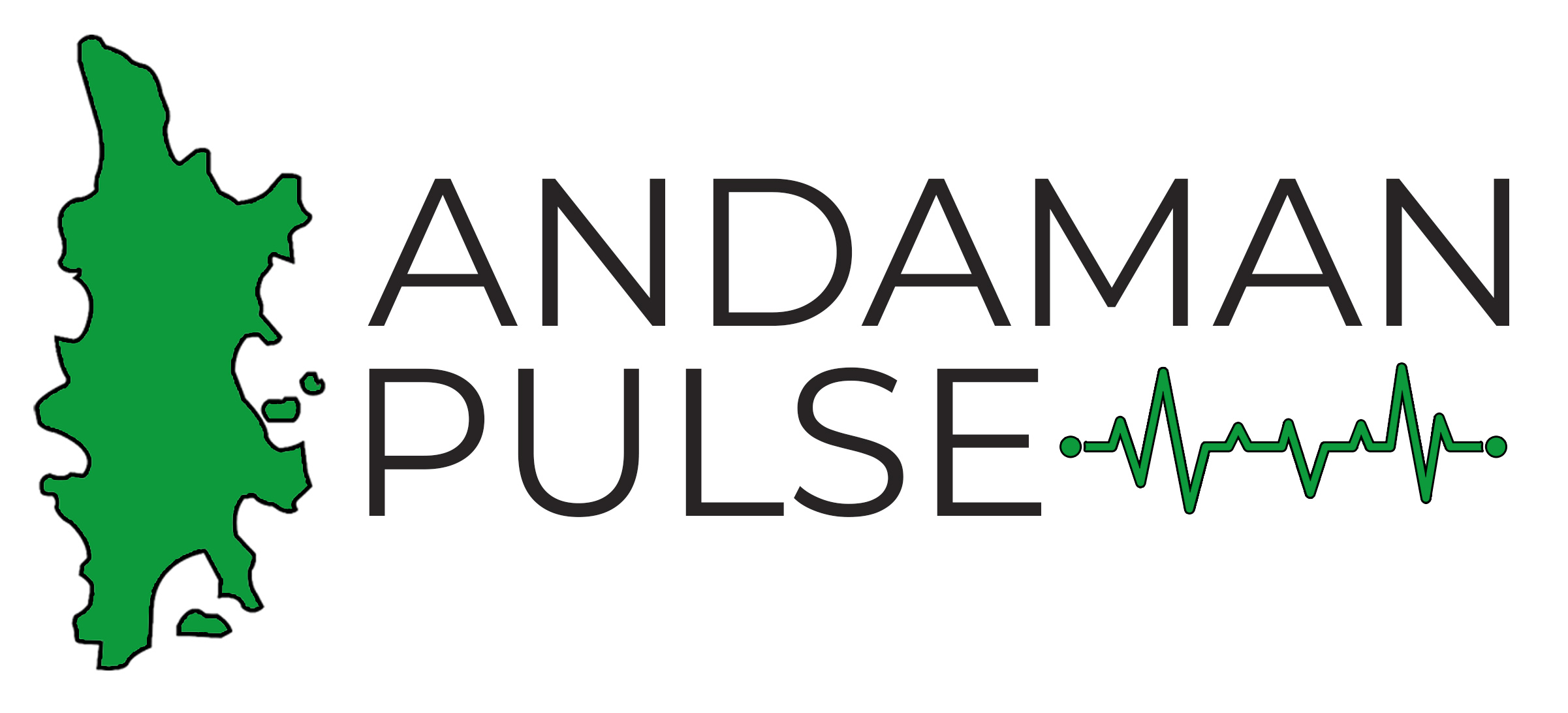Unlock Thailand: Learn Practical Thai with Andaman Pulse
Welcome to your Thai language journey! Here at Andaman Pulse, we believe the true magic of Thailand unfolds when you connect with its people and culture. Learning even a little Thai opens doors, deepens your experiences, and transforms you from a visitor into an engaged participant in the Land of Smiles.
These pages are your practical toolkit. We focus on essential vocabulary and phrases you can immediately use in real-life situations. Whether you’re navigating local markets, ordering delicious food, seeking directions, or managing daily needs, our goal is to build your confidence quickly.
Forget complex grammar drills (for now!). We concentrate on communication first, providing you with the most useful words and expressions tailored to specific aspects of Thai life. Listen to the pronunciations, practice the phrases, and discover how empowering it feels to communicate in Thai.
Dive in, explore the topics that interest you most, and start speaking Thai today! Every phrase you learn is a step closer to richer connections and unforgettable moments in Thailand.
Let’s Learn about Family & Greetings
Family
| ENGLISH | THAI | TRANSCRIPT |
| Father | พ่อ | Poh |
| Mother | แม่ | Mae |
| Parent | พ่อแม่ | Por Mae |
| Grandpa (Father) | ปู่ | Poo |
| Grandma (Father) | ย่า | Ya |
| Grandpa (Mother) | ตา | Ta |
| Grandma (Mother) | ยาย | Yai |
| Son | ลูกชาย | Look Chai |
| Daughter | ลูกสาว | Look Sao |
| Young brother | น้องชาย | Nong Chai |
| Old brother | พี่ชาย | Pee Chai |
| Young sister | น้องสาว | Nong Sao |
| Old sister | พี่สาว | Pee Sao |
| Uncle | ลุง | Loong |
| Aunt | ป้า | Pa |
| Nephew | หลานชาย | Laan Chai |
| Niece | หลานสาว | Laan Sao |
| Cousins | ลูกพี่ลูกน้อง | Look Pee Look Nong |
| Husband | สามี | Samee |
| Wife | ภรรยา | Pan Ra Ya |
| Grandson | หลานชาย | Laan Chai |
| Granddaughter | หลานสาว | Laan Sao |
| Relative | ญาติ | Yaat |
| Son-in-law | ลูกเขย | Look Khoey |
| Daughter-in-law | ลูกสะใภ้ | Look Sapai |
Greetings
| ENGLISH | THAI | TRANSCRIPT |
| Hello | สวัสดี | Sawasdee |
| How are you? | สบายดีไหม | Sabai Dee Mai? |
| Nice to meet you! | ยินดีที่ได้รู้จัก | Yindee Thi Dai Roujak |
| It is hot today. | วันนี้อากาศร้อน | Wan Nee Aagard Ron |
| Where do you go? | คุณจะไปไหน | Khun Ja Pai Nai? |
| Have you eaten yet? | กินข้าวหรือยัง | Kin Khao Reu Yang? |
BONUS: The Use of Khrap and Kha in Your Sentences
The words Khrap (ครับ) and Kha (ค่ะ) are particles that are generally used at the end of a sentence to denote a certain level of respect to the person you are talking to. The word Khrap is used exclusively by men, while the word Kha is used by women. For example, if you are a male asking a stranger “how are you?”, you should say “Sabai Dee Mai Khrap” (สบายดีไหมครับ). A woman asking the same question, however, should say “Sabai Dee Mai Kha” (สบายดีไหมคะ). The gender of the person you are talking to is not relevant.
Want to learn more? Check out our previous Decoding Thai Language lesson titled Animals of the World, or our next one explaining Health Issues.


